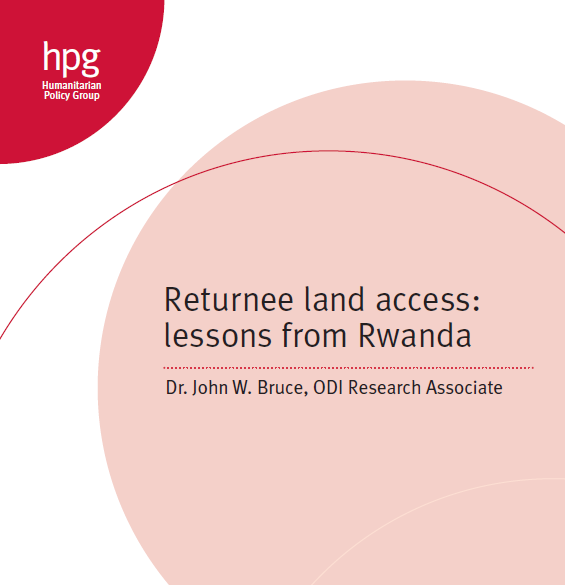Communal Land Registration
This brochure provides the necessary information for people living in communal areas to have their land rights registered. The brochure also tackles why land has to be registered; who is responsible for the various aspects of the process; and how land disputes are handled.






